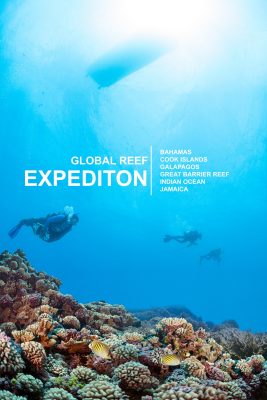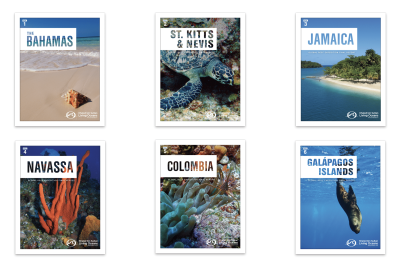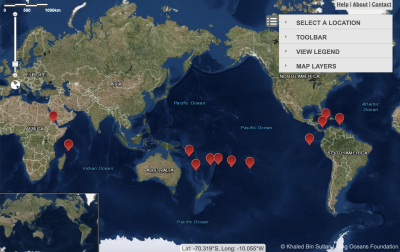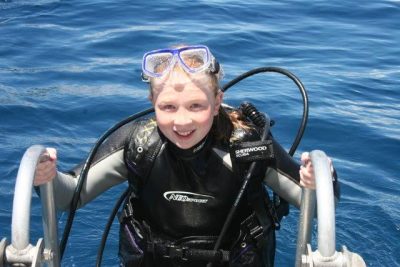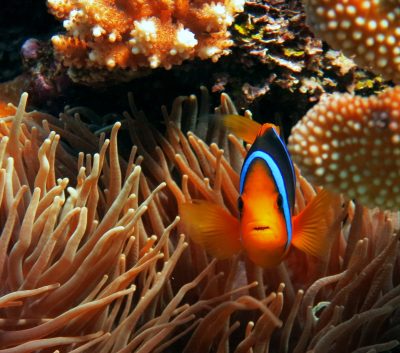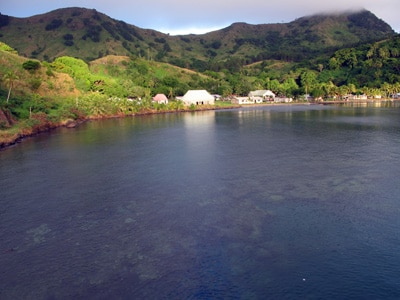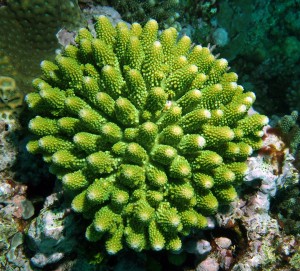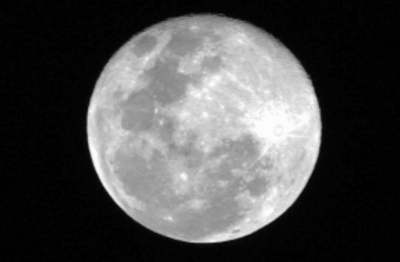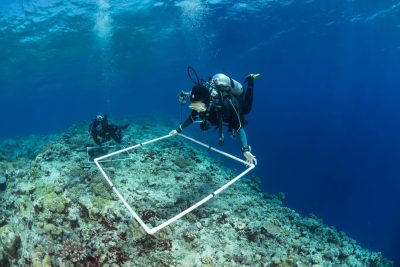
The Global Reef Expedition: A mission to assess the health of coral reefs around the world
In 2011, scientists from the Khaled bin Sultan Living Oceans Foundation set out on a mission to explore the remote coral reefs of the world. An international team of scientists, photographers, videographers and conservationists, as well as local leaders, were

